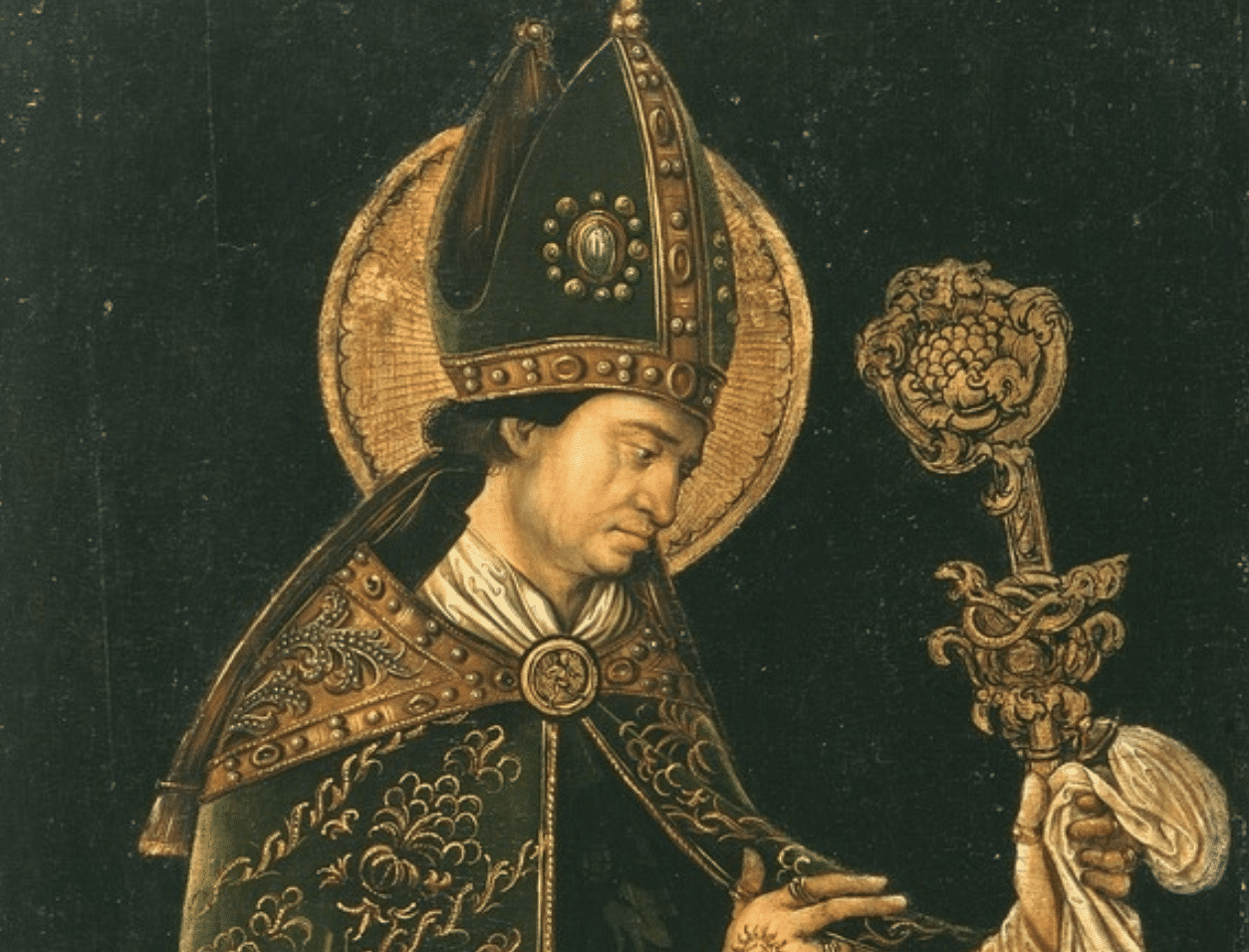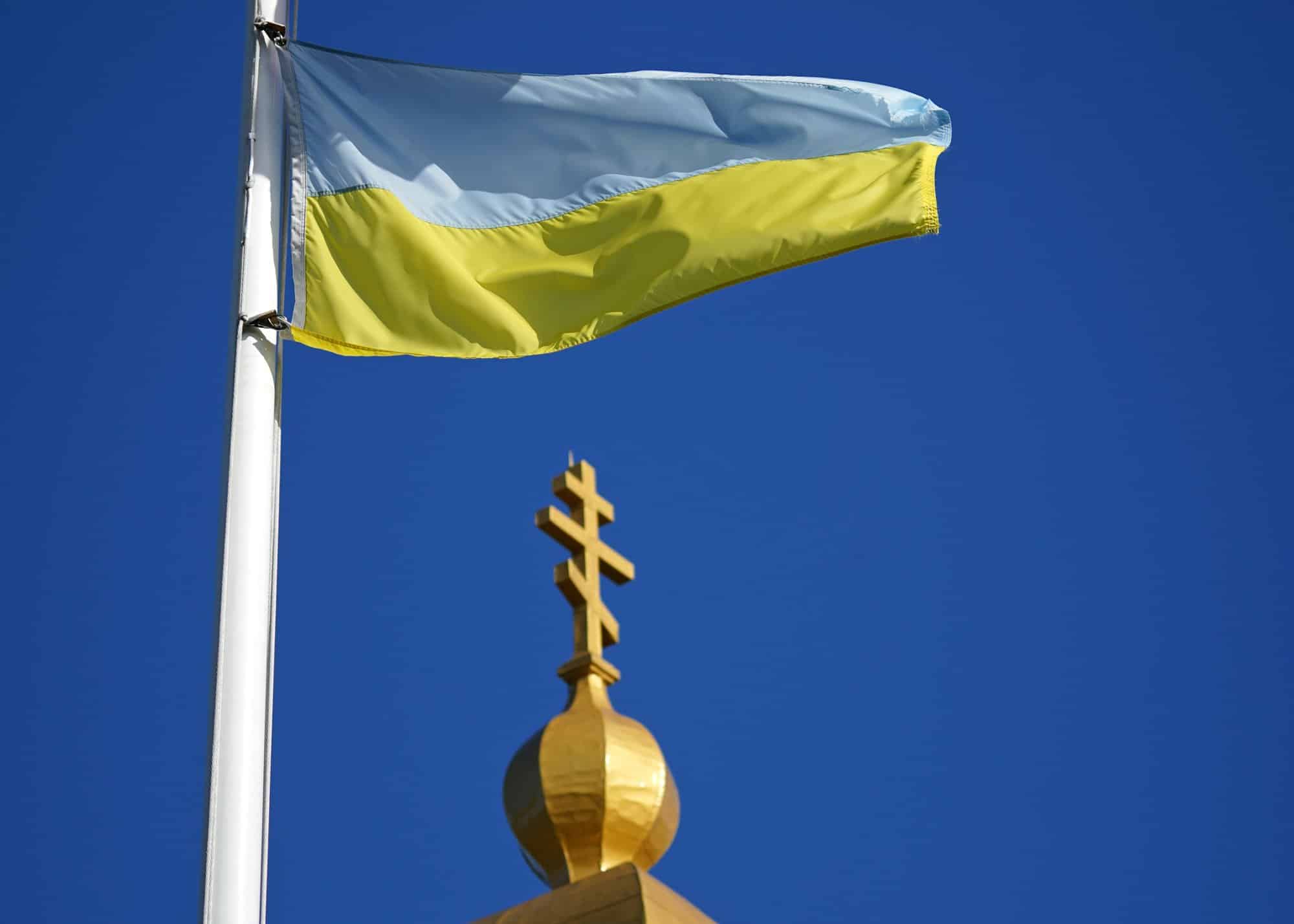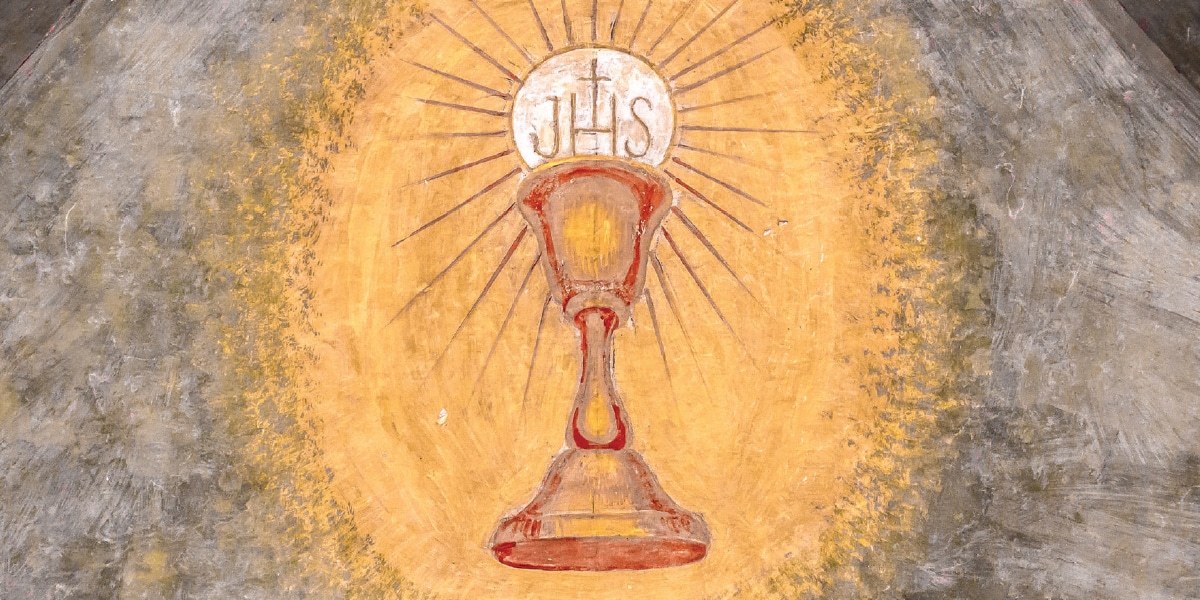Q: Last February, I realized that our parish did not celebrate the feast of St. Valentine. Does this mean that he may have been a true saint but, due to poor record-keeping, has been forgotten? Was he ever officially recognized as a saint?
A: The 2001 Martyrologium Romanum, a 773-page book, lists more than 6,500 saints and many blesseds. St. Valentine is there on Feb. 14. Any saint listed in this book can be celebrated on any day that is “open,” according to the rules about ranking of feasts; those rules are also published at the
front of The Roman Missal, Third Edition.
The presence or absence of saints on one of the four liturgical calendars described in the next paragraph says nothing about whether this person is no longer considered a saint.
The four liturgical calendars are:
- worldwide (Francis of Assisi is celebrated everywhere on Oct. 4),
- national (Elizabeth Ann Seton is celebrated in the United States on Jan. 4),
- diocesan (Blessed Junipero Serra is an optional U.S. celebration on July 1, but it is obligatory in several California dioceses) and
- religious families (St. Margaret of Cortona is celebrated on May 16 within the Franciscan family and in certain parts of Italy).
The example of St. Valentine shows that some saint days are observed in civil society but not by the Church worldwide. Even 50 years ago, St. Valentine was not on the worldwide calendar of saints, though Feb. 14 was widely observed as Valentine’s Day. I am certain that it is observed at many of the St. Valentine parishes in the United States and around the world.
St. Patrick, the patron saint of Ireland, is not an obligatory memorial worldwide, but his feast is celebrated liturgically and otherwise in many places on March 17.
The feasts of some saints were moved in a 1969 revision of the worldwide calendar. Other saints have been added since then.
The Roman Missal, Third Edition contains the worldwide calendar of feasts of saints, as well as the additional saints celebrated in the United States. On the worldwide calendar, some saint feasts such as St. Athanasius (May 2) are obligatory, while the majority are optional (for example, Our Lady of Lourdes on May 13). In the United States, St. Damien de Veuster is celebrated on May 10 (perhaps in Belgium as well) and St. Isidore the farmer on May 15.
For days with no assigned saints, our “Saint of the Day” feature lists some of them on another day (because the Church has assigned the same day to two or more saints unconnected to each other) or assigns a saint or blessed from the Franciscan calendar. We have also included several Canadian and Mexican saints who are not on the worldwide calendar.
In a sense, saints are one of the most democratic elements in the Church. Regions can have favored saints; certain occupations have identified patron saints. The Church usually does not formally designate patron saints for a country, region or occupation; these arise from the piety of the people. Patron saints are one way of talking about the providence of God: The cosmos is huge, but God cares for every part of creation.
In his book Making Saints, Kenneth Woodward writes: “A saint is always someone through whom we catch a glimpse of what God is like — and of what we are called to be. Only God ‘makes’ saints, of course. The church merely identifies from time to time a few of these for emulation. The church then tells the story. But the author is the Source of the grace by which saints live. And there we have it: A saint is someone whose story God tells.”
People in various places and at different times are more attuned to the stories of some saints than they are to others.









1 thought on “Finding a Saint's Feast Day”
The lives of the Saints are wonderful to explore as to the different personalities and occupations they followed. No set requirement as to what or where they lived.
I Q. Or wealth or state of status required. Door Keepers to Popes they all had the Ability to become Saints.
What wonderful Histories to read and Contemplate.